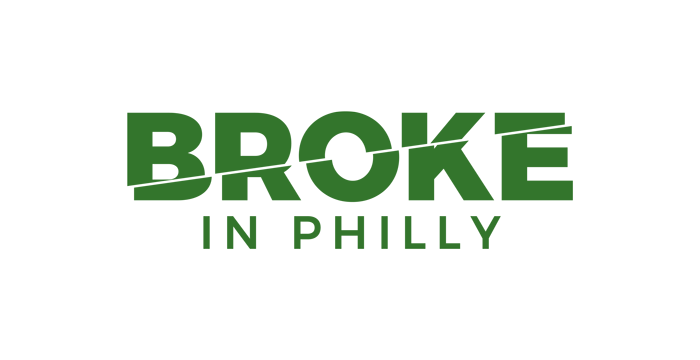
Pollution solutions: How picking up litter could help spot your SEPTA fare
With many Philly residents waiting for two-four (or more) weeks for recycling to be picked up, it’s clear our system is problematic. But what if we turned our recyclables into an equitable transportation solution?
What if every rogue plastic bottle you saw tumbling down Philly’s streets could help transport you from one part of the city to another?
No, the bottle won’t give you a lift, but could be used as a credit towards your next SEPTA ride.
Sound too out there?
Forward-thinking cities across the globe like Beijing, Rome, and Istanbul have adopted a type of “pay-as-you-pick-up” system for transit fare. Made possible by Envirobank’s “reverse vending machine,” commuters can top their transit card off by inserting plastic or glass bottles, and aluminum cans for credit towards tickets.
This is an effort to curb the waste issues that often accompany population dense, urban centers while simultaneously making transportation more accessible.
Let’s take a look at the model cities have implemented, where these “special-ticket” vending machines are in place in the subway stations around the city.
How does this concept works in other cities?
Once accepted and scanned by the machine, a monetary value is assigned to the collected items. Depending on the plastics’ quality and number, a value between 5 and 15 cents (average cost of recyclable returns in the U.S) is credited towards your fare.
After collection the compactor vending machine sorts and shreds the materials.
In Beijing, most of the vending machines are located in in high-traffic and tourist frequented like by the Temple of Heaven which sees over 60,000 people a day (at least pre-covid times).
However, in Rome, where the program is aptly titled “+Ricicli +Viaggi” (More Recycling, More Travelling)” commuters are required to use a metro app to connect to their ‘virtual recycling wallet’ where they can accrue credit until it adds up to a ticket.
Con: The specific model in Rome could pose accessibility issues for residents here in Philly without smart phones. While some cities like Beijing also allow recyclers to opt for mobile minutes instead of credit towards transit fare.
But in Philly these machines could do some justice in just about every part of the city.
So, what could a program like this accomplish in a city like Philly?
For one, the cost of litter is high here, averaging about $48 million dollars for the city of Philadelphia. That’s eight times more than Pittsburgh is spending on the issue ($6 million), the next-highest in PA.
You don’t need to know how much we spend to see for yourself we have a waste problem that needs addressing, because the reality is the recycling situation here is a hot mess.
A survey posed to our Instagram audience showed that over 90% of respondents don’t trust that their recyclables are properly recycled.
Obviously this is an issue for a multitude of reasons. And not just because it doesn’t look nice, but because litter has serious impacts on our eco-systems, water quality and quality of life.
As a notoriously littered city this is a solid prospect for incentivizing residents to keep some of that litter, (which eventually ends up in our water ways) off the streets.
As a notoriously poor city this could, if implemented properly, make transportation overall more accessible for those who need it most.
This could potentially mitigate some of that astronomically high spending, freeing up room to fund other services and programs the city needs.
And while a few states have “bottle bills” that offer deposit and return incentives to push people to recycle, Pennsylvania unfortunately isn’t one of them, yet. However this program could push people to recyclable without the help of the bottle bill. Plus, using recyclables as train fair would be something all residents, regardless of socio-economic background, could participate in.
Not to mention the obvious environmental benefits of people using public transportation over single person vehicles.
Accessible Solutions
Perhaps divesting from the aforementioned $48 million dollars allocated for waste pickup, could assist in funding this program’s development here.
While reducing production and consumption of commonly littered items is the ultimate goal, this could help the city and people out along the way.

Featured photo by Noah Cote on Unsplash





